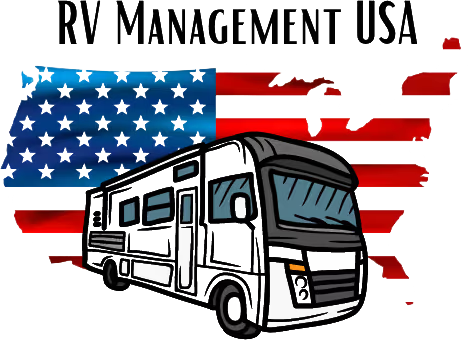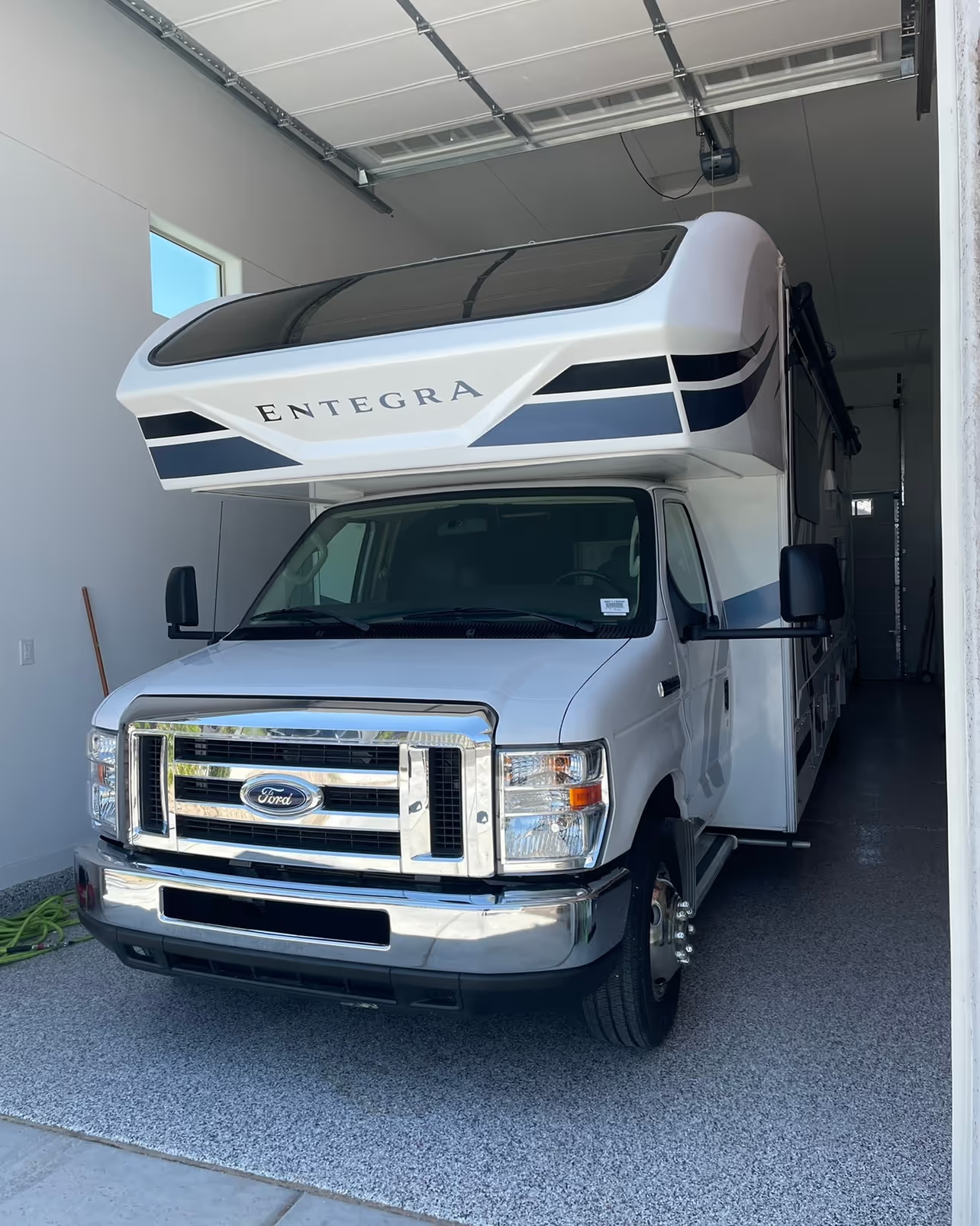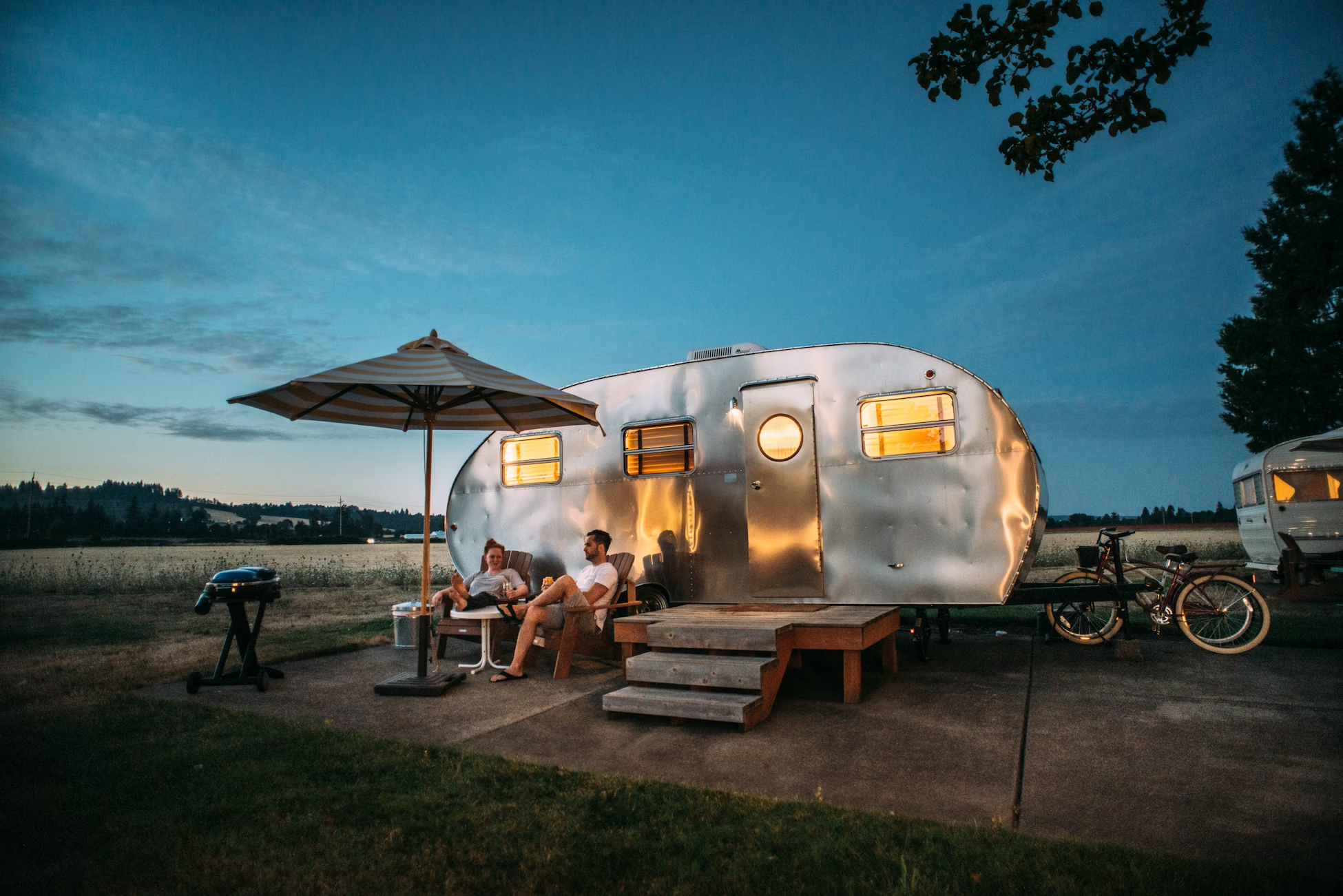“Can I really make money renting out my RV?”
The short answer? Yes—and often a lot more than people expect.
Of course, like any income-generating asset, results vary. But with the right strategy and support, we’ve seen RVs go from sitting idle 300+ days a year to becoming reliable income machines.
In this guide, we’ll walk you through the numbers, the variables that impact how much you earn, and a few smart ways to turn your RV into a profitable business (without turning it into a full-time job).
Table of Contents
- Typical Monthly Income from RV Rentals
- Income by RV Type: Class A, B, C, Towables
- Factors That Affect Your Earning Potential
- Peak Season vs. Off-Season Income
- Case Study: What a Single RV Earned in One Year
- Expenses to Expect (and How to Offset Them)
- Tax Benefits That Boost Net Income
- Passive vs. Active Management Income Potential
- Final Thoughts: Predictable Income from a Mobile Asset
1. Typical Monthly Income from RV Rentals

Let’s start with the numbers.
Here’s a real-world snapshot based on average daily rates, typical booking activity, and data from our managed fleet at RV Management USA:

A well-performing RV can cover its loan, insurance, storage, and still generate positive cash flow—month after month.
2. Income by RV Type: What Pays Best?
Each type of RV attracts a different type of traveler—and with it, a different income profile.
- Class A: Big, luxurious, and built for long trips. These tend to fetch high nightly rates, though they book less frequently.
- Class B: Compact vans popular with solo travelers and couples. They get booked often, especially in urban markets.
- Class C: The sweet spot for families and first-time renters. These offer a great mix of strong demand and solid rates.
- Towables (like travel trailers): More affordable to rent, great for local getaways. Lower per-night income, but lower upkeep too.
If you’re trying to pick your first rental unit, we often recommend starting with a Class C. It’s the most versatile and delivers the best ROI for most owners.
3. What Impacts How Much You’ll Earn?
While RV type matters, your earnings will depend on a handful of other key factors, including:
- Location: RVs in areas near national parks, beach towns, or popular camping spots perform best.
- Season: Summer and holidays are goldmines. Winter? It depends on the region.
- Availability: The more open dates you offer, the more you’ll earn.
- Amenities: Upgrades like solar, Wi-Fi, pet-friendliness, or stylish interiors = higher nightly rates.
- Management: Quick replies, clean units, and smooth handoffs mean better reviews—and more repeat bookings.
At RVM, we help owners fine-tune each of these to maximize results.
4. Peak Season vs. Off-Season Income
Here’s the honest truth: most of your income will come during peak season—typically May through September.
Let’s say you have a Class C unit. Here’s a rough breakdown of what a year might look like:

You can still earn in the off-season (think snowbirds, tailgating, ski trips), but smart pricing and occasional discounts are key.
5. Case Study: One RV, One Year of Profit

Let’s talk real numbers.
RV: 2019 Winnebago Minnie Winnie (Class C)
Location: SLC, Utah
Managed by: RV Management USA
Performance:
- 172 nights booked
- $215 average nightly rate
- $36,980 gross rental income
- $13,800 in total expenses (loan, maintenance, insurance, platform fees)
- Net profit: $23,180
And the kicker? The owner still took a few family trips throughout the year. That’s what we call a win-win.
6. What Are the Typical Expenses?
Like any rental asset, your RV will have some overhead. Expect to budget for:
- Monthly loan payments (if financed)
- Commercial RV insurance
- Cleaning and restocking costs
- Platform fees (Outdoorsy, RVshare, etc.)
- Maintenance and minor repairs
- Optional management services
But here's the good news: many of these expenses are deductible (more on that below), and your rental income often more than covers the full cost of ownership.
7. Tax Benefits You Might Not Know About
Renting your RV turns it into a business asset—and the IRS treats it that way.
That means you could be eligible for:
- Bonus depreciation (up to 100% in the first year)
- Write-offs for insurance, repairs, interest, and listing fees
- Home office deductions if you manage from home
- Business mileage and travel expense deductions
Of course, talk to a qualified tax pro—but many of our clients are surprised by how much their tax bill drops after going rental.
8. Passive vs. Active Management: How Involved Do You Want to Be?

Here’s the fork in the road: do you want to self-manage or go with a professional rental management program like RV Management USA?

With a professional team like RV Management USA, you get:
- Hands-free guest communication
- Seamless bookings, pricing, and calendar management
- Cleanings, inspections, and ongoing maintenance
- Monthly income statements
You collect the check. We handle the chaos.
9. Final Thoughts: Predictable Income from a Mobile Asset
Your RV doesn’t have to sit in the driveway collecting dust—or draining your wallet.
With the right systems, it can become a predictable, semi-passive income source that supports your lifestyle or fuels further investments.
Want to see how much your RV could earn?
Book a free rental analysis with our team and we’ll break down the numbers based on your exact unit, location, and goals.
Here’s to making your RV work for you—even when you’re not using it.
— The RVM Team













